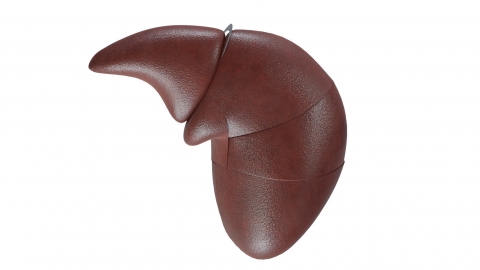What are the symptoms of biliary tract infection?
Generally, patients with biliary tract infections may experience symptoms such as fever and chills, abdominal pain, nausea and vomiting, jaundice, general malaise, and fatigue. It is recommended to seek timely medical attention, identify the cause, and undergo symptomatic treatment under the guidance of a qualified physician. A detailed explanation is as follows:

1. Fever and Chills
Biliary tract infection is an inflammatory response caused by bacterial infection. To fight the pathogens, the body's immune system produces a fever, which may even be accompanied by chills.
2. Abdominal Pain
Biliary tract infection can cause spasms in the smooth muscles of the bile duct, leading to abdominal pain. As the infection worsens, the spasms intensify, thereby increasing the severity of abdominal pain.
3. Nausea and Vomiting
Biliary tract infection can cause symptoms of nausea and vomiting. Additionally, the inflammatory response may irritate the gastrointestinal tract, causing gastrointestinal dysfunction and worsening nausea and vomiting.
4. Jaundice
Biliary tract infection may obstruct bile excretion, resulting in jaundice. Symptoms include yellowing of the skin and sclera, dark yellow urine, and clay-colored stools.
5. General Malaise and Fatigue
During biliary tract infection, the body consumes significant energy to combat the infection, resulting in general fatigue. At the same time, the infection may affect digestive function, leading to loss of appetite and weight loss.
Patients may follow medical advice to use medications such as Cefoperazone Sodium for Injection, Xiaoyan Lidan Tablets, and Levofloxacin Hydrochloride Tablets for treatment. During the treatment period, patients should avoid consuming high-fat and spicy foods to reduce the burden on the biliary tract.







